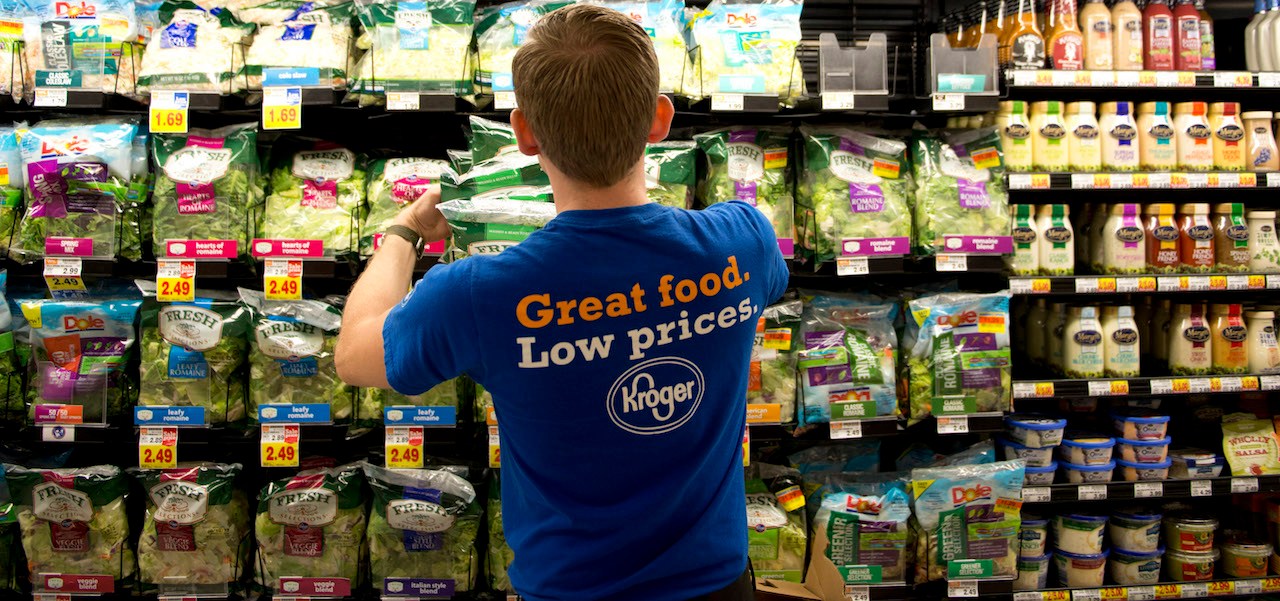‘We’re not looked at as people’: One grocery worker on how to improve conditions

This is part of a special package from Digiday Media about what comes next, looking to the other side of the current crisis to explore the lasting changes that are coming about.
Grocery and other essential workers have helped people receive vital supplies throughout the coronavirus pandemic — and they’ve even been lauded as frontline heroes. But as the virus’ initial outbreak subsides, so have the calls to improve retail employees’ working conditions and wages.
In this first-hand account, in which we offer anonymity in exchange for candor, a Southern California supermarket chain employee reiterated the importance of keeping his profession’s needs in the spotlight. He also explained what he believes grocers need to do to better take care of employees.
This following has been edited for clarity and length:
As a young retail worker on the bottom of the food chain, the past few months on the frontlines had me and the world witness the unjust conditions we deal with daily. Despite being a protected union member — working at a regional Southern California market chain as a maintenance associate — we need more help in being seen as human. For many of us, this isn’t just a side job, it’s a means to a secure career that helps provide for our families. I started at the beginning of this year with a plan to make my way up in the company.
It’s hard enough seeing customers exhibit potential coronavirus symptoms. But living with an aging grandparent makes being exposed to Covid-19 a real fear. But that’s not the only reason I get into fights with stubborn customers, I’m also trying to protect the vulnerable members of the community who shop here.
Now that other stores are reopening, we’re not seen as “essential” anymore and all the fanfare around the extra $2 per hour pay has gone away. The 60-day raise agreement our employer made just ended, but our work obviously hasn’t. We’re still risking our health and our families’ well-being to serve the communities and our employers’ bottom line.
Ad position: web_incontent_pos1
These types of irresponsible decisions made on behalf of retail staff and consumers need to end. And the only way I foresee how is by allowing workers to unionize, and in turn, discouraging the promotion of unfit middle management.
I’m proposing three steps retailers can take to do this: 1. Allow organizing. 2. Create incentives with fair wages and flexible schedules. And 3. Initiate protective work policies beyond naming them in corporate paperwork.
Right now, we’re not looked at as people. To retailers — and even some customers — we’re replaceable help. It’s not that people don’t want to work, but the incentives we received for being essential need to stick around for the long run. It’s up to retailers to keep contributors like myself and my teammates working hard.

